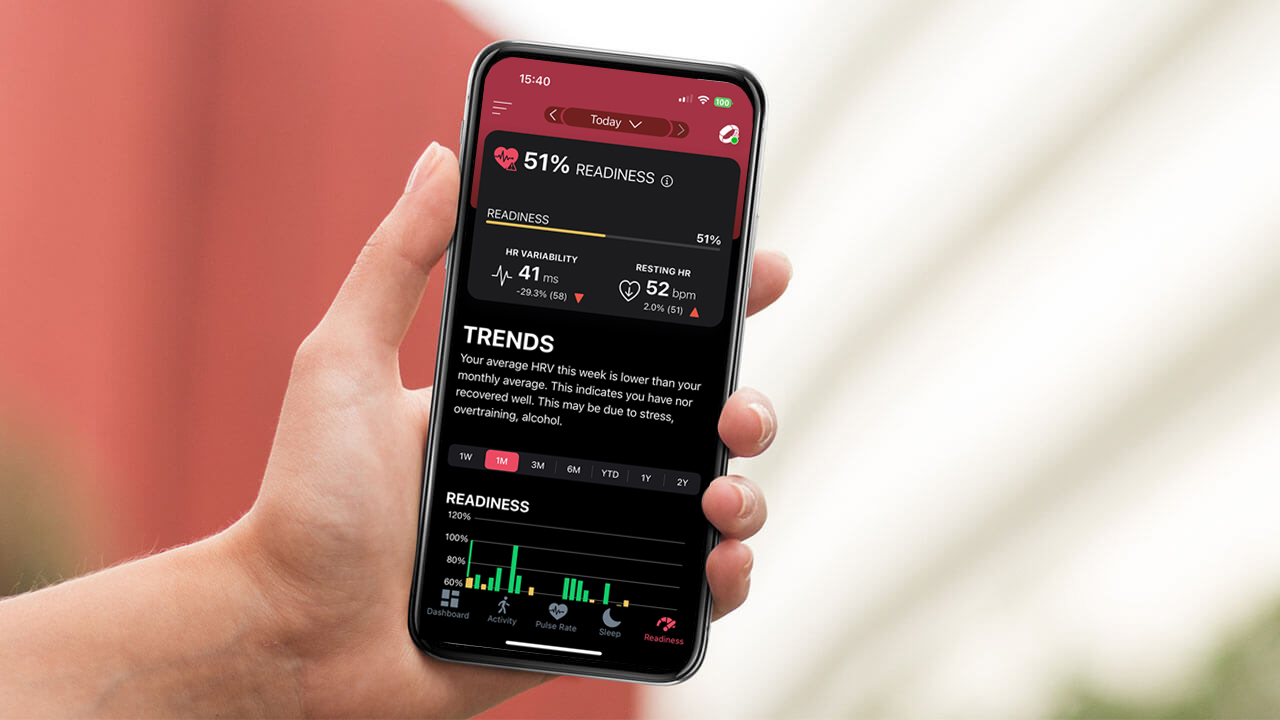Resilience Training
Wellness and Resilience Program
CardioMood Wellness and Resilience Training is a program designed to enhance individuals’ overall well-being and equip them with the tools and skills to navigate stress, build resilience, and prevent burnout. The Cardiomood bracelet is incorporated into the Wellness and Resilience Training program to provide valuable insights into an individual’s physiological indicators and help monitor their well-being. Here’s a detailed description of what a Wellness and Resilience Training program entails

Needs Assessment
The program begins with a needs assessment to understand the specific challenges and stressors employees face within the organization. This assessment can involve surveys, focus groups, and interviews to gather information about employees’ current well-being levels and areas where they may need support. The Cardiomood bracelet collects various physiological data, including heart rate variability (HRV), which is a useful indicator of stress levels and overall well-being.
Personalized Feedback
Based on the HRV data, the program provides participants with personalized feedback and insights about their stress levels. For example, if the bracelet detects consistently low HRV, the program can offer suggestions for stress reduction techniques, such as deep breathing exercises, mindfulness practices, or taking breaks.
Resilience-Building Techniques
The program includes educational workshops or seminars that provide participants with knowledge about stress, burnout, resilience, and self-care. The program teaches participants various resilience-building techniques to enhance their ability to bounce back from challenges and setbacks. These techniques may include mindfulness practices, cognitive reframing, positive psychology exercises, goal setting, and problem-solving strategies. Participants learn how to develop a resilient mindset and cultivate positive emotions, optimism, and adaptability.
Stress Management Skills
The collected HRV data can be used to assess participants’ stress levels. Lower HRV is often associated with higher stress levels, while higher HRV indicates better resilience and adaptive capacity. The program can analyze participants’ HRV patterns to identify periods of heightened stress or potential burnout risk. Participants are taught practical skills to manage stress effectively. This involves teaching relaxation techniques such as deep breathing, progressive muscle relaxation, or meditation. Participants learn to identify stress triggers, create personalised stress management plans, and implement stress reduction strategies in their daily lives.
Self-Care Strategies
The program emphasizes the importance of self-care and provides participants with strategies to prioritize their physical, mental, and emotional well-being. This may include guidance on healthy sleep habits, nutrition, exercise, and creating boundaries between work and personal life. Participants are encouraged to develop self-care routines that suit their individual needs and lifestyles.
Emotional Intelligence Development
Emotional intelligence plays a crucial role in managing stress and building resilience. The program may include activities and exercises to enhance participants’ emotional intelligence skills, such as self-awareness, self-regulation, empathy, and effective communication. These skills can help individuals navigate workplace relationships, resolve conflicts, and handle challenging situations more effectively.
Peer Support and Networking
Creating a supportive environment is essential for well-being and resilience. The program may incorporate group activities, peer support sessions, or networking opportunities to foster connections among participants. Sharing experiences, challenges, and success stories can provide a sense of community and encourage individuals to support each other in their well-being journeys.
Goal Setting and Action Planning
Participants are guided in setting personal well-being goals and developing action plans to implement what they have learned in the program. The program encourages participants to set realistic and achievable goals related to stress management, self-care, and resilience-building. Regular progress assessments and follow-ups help participants stay accountable and track their growth.
Ongoing Support and Resources
The program offers ongoing support and provides participants with access to resources to maintain their well-being after the training. This may include online platforms, mobile apps, or additional educational materials that participants can refer to for continued learning and reinforcement of the training content. The program facilitators or wellness coaches may also be available for follow-up sessions or individual consultations.
Evaluation and Continuous Improvement
Regular evaluation of the program’s effectiveness is essential. Feedback from participants, assessment of well-being metrics, and post-training surveys can help assess the program’s impact and identify areas for improvement. Continuous refinement ensures the program stays relevant and addresses the evolving needs of participants.
